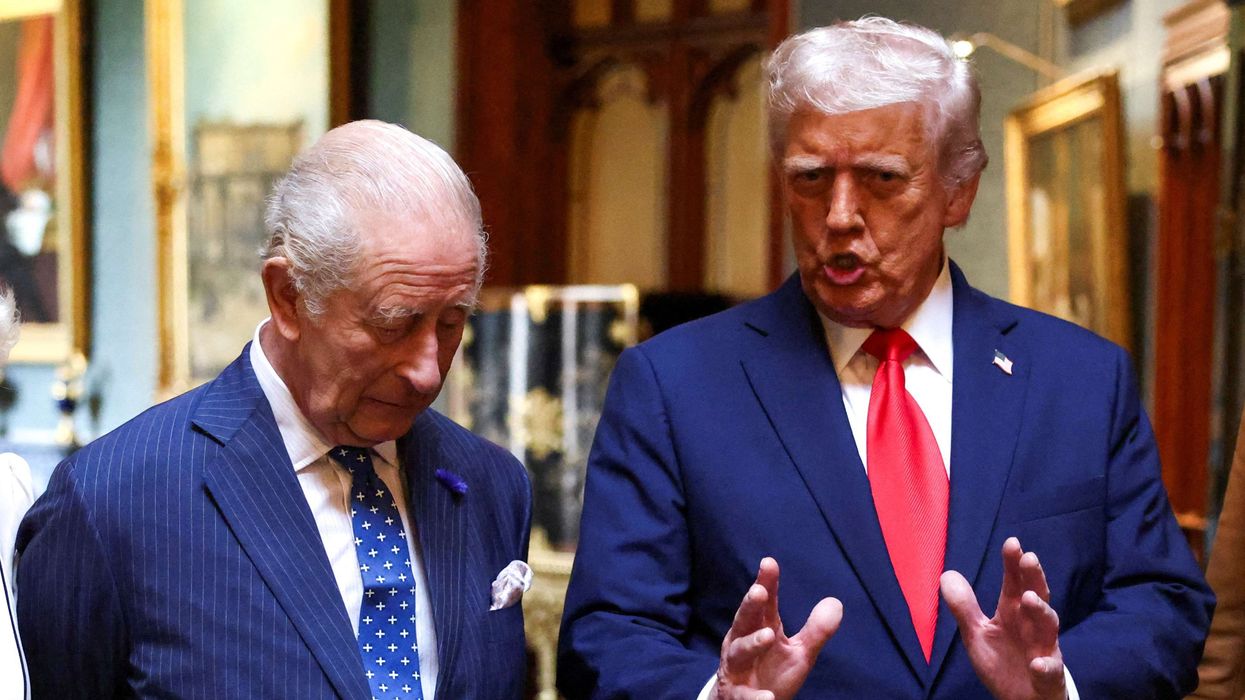THE best thing that happened to Vaibhav Suryavanshi is that he was out for 0 in the innings that followed his sensational 35-ball century in the Indian Premier League (IPL).
Batting for Rajasthan Royals against Gujarat Titans last week, the 14-year-old took down some of the world’s best bowlers in a 38-ball innings that included 11 sixes and seven fours.
In his very next innings, he was out for a two-ball duck against Mumbai Indians. Then he got 4 against Kolkata Knight Riders.
Such is cricket, the great leveller.
Rajasthan’s bowling coach, Shane Bond, revealed that the team management was being cautious with the teenage talent.
“The coaching staff haven’t tried to complicate things too much with Vaibhav. He’s sort of got a bit of a licence to go out and just play. He’s done an amazing job so far, really, for a 14-year-old. He missed out in the last game, but you don’t really want to panic with someone so young,” Bond said at a prematch press conference.
“I know Vikram (Rathour) talks about his game plans and the type of bowlers that he’s going to come up against and he’ll do that again. But outside of that, he’s a pretty young kid, so I’m happy for him to get out there and keep swinging.”
Bond emphasised the importance of patience when nurturing a player so young.
“He’s obviously a seriously talented player, but he’s also still a kid. So, he’s sort of learning on the go, we’re going to be really patient with him because you have to be. And the other part of it is just all the off-field stuff, the travel, you can’t expect a 14-year-old to be a professional. I’ve got a 16-year-old son. He’s (Suryavanshi) a teenager, so we’re just trying to educate him on the things around and look after him, shield him a little bit from the social media stuff and all the trappings that come with the way he started, but he’s a lovely kid.”

Born in Samastipur, a small district in the state of Bihar, he quickly showed promise. His father, Sanjeev Suryavanshi, himself a clublevel cricketer, saw a spark in his son. But there were no proper academies in the district, so he started training at home from the age of five.
Failure might help the boy to mature. I remember interviewing Sachin Tendulkar in Mumbai when he was 16, but the sports editor of the Sunday Times – the paper for which I then worked – wouldn’t carry the piece “because we are a national newspaper and we don’t publish stories about little schoolboys”.
All that changed, of course, when Sachin hit his first Test century against England at the age of 17. He went on to make 100 international hundreds – he scored 15,921 runs in Tests, with 51 centuries; and 18,426 runs in ODIs with 49 tons.
Sachin went into cricket because he loved the game. What has changed is that fathers now push their sons (and sometimes daughters, too) into cricket as a way to make the family fortune. Ads featuring cricketers are ubiquitous. It seems like they are more businessmen who also play cricket.
In a curious way, Reform’s success in the local government elections – it triumphed in the Runcorn and Helsby byelection by just six votes and also won 677 council seats – may, in hindsight, prove to be the worst thing to have happened politically to the party’s leader, Nigel Farage.
It’s one thing to make promises in opposition, quite another to be exposed as being ineffective in government. The economic and many other problems that Britain has, including the people who arrive by boat, defy easy solutions. Migrants, legal and illegal, find it easy to get work which local people are no longer willing to do. Farage is trying to ape Donald Trump in America, but he hasn’t said how he is going to encourage the unwilling back to work.
The rise of Reform does pose a dilemma for British Asian voters, especially British Indians, who are seeking a political home. There are some Conservative politicians who say the party should move to the right and form an alliance with Reform. But the Tories cannot win a general election by abandoning the centre ground of British politics.
The prime minister, Sir Keir Starmer, it has been suggested by some commentators, might also move to the right to meet the challenge of Reform. He is apparently considering a reshuffle to give his cabinet a fresh look. Of course, he won’t do what is necessary – move Rachel Reeves.
It is useless for anyone to pretend the chancellor has been a success. Far from raising money for state school teachers, her VAT raid on the private sector has been counterproductive. Every few days a private school closes.
Governors at St Anselm’s prep school near Bakewell in Derbyshire, in the heart of the Peak District – it was founded in 1888 have concluded it is unsustainable in light of government tax changes and falling pupil numbers.
The prime minister won’t move the chancellor, because that would undermine his own credibility. It would have been better if the British electorate had voted in a Labour government, but not with a landslide majority.




